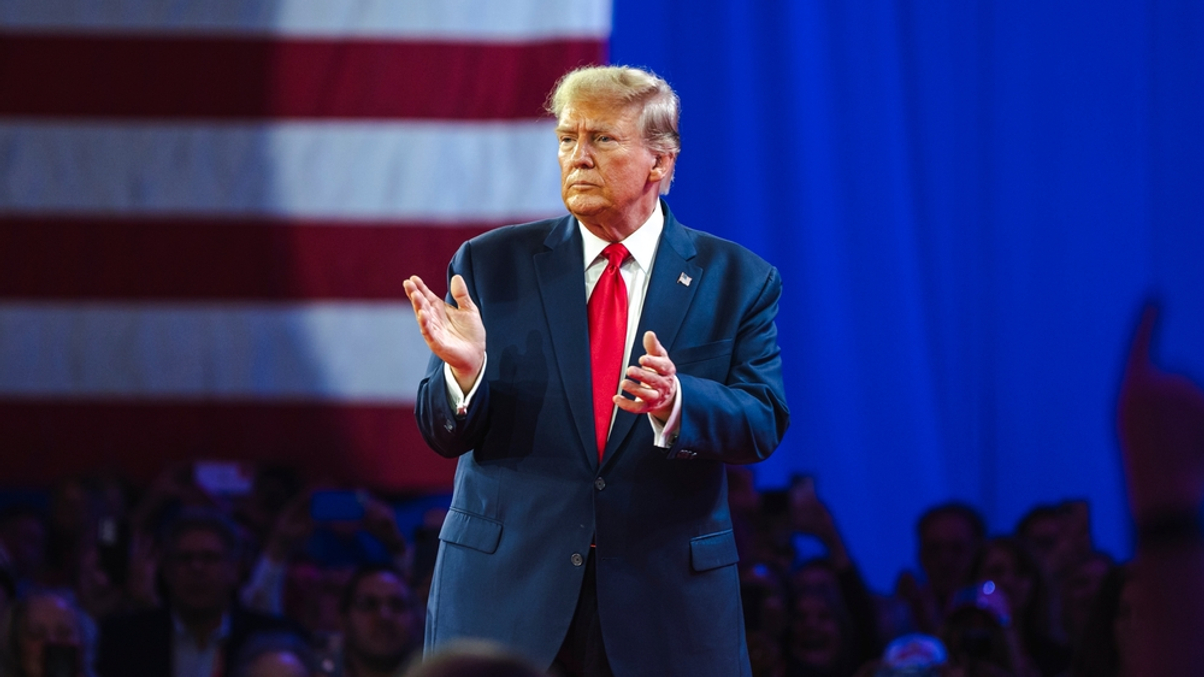Market Views: Will Trump's triumph affect US interest rates outlook?
Donald Trump's dramatic victory in the presidential election marks a major political shift, but will his economic agenda prompt the Federal Reserve to rethink its rate-cutting plans?

In a remarkable political comeback that has sent ripples through global financial markets, Donald Trump has reclaimed the US presidency four years after leaving the White House.
Sign in to read on!
Registered users get 2 free articles in 30 days.
Subscribers have full unlimited access to AsianInvestor
Not signed up? New users get 2 free articles per month, plus a 7-day unlimited free trial.
¬ Haymarket Media Limited. All rights reserved.


